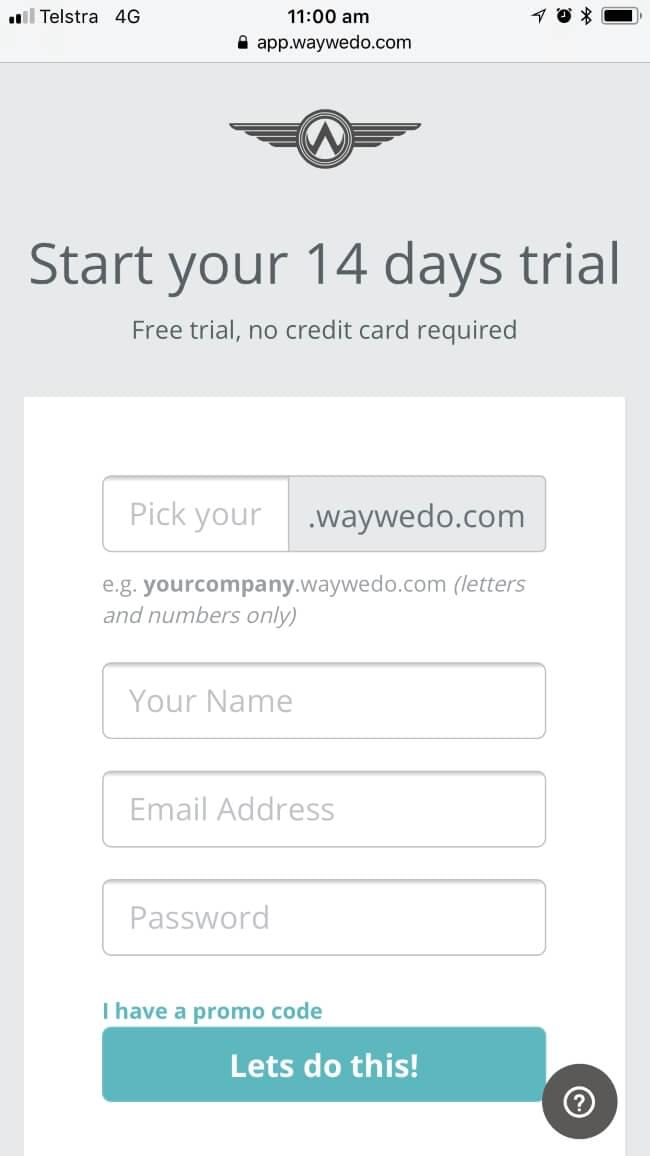Last Sunday, I spent an afternoon on a boat with some close friends, drifting down a glittering Nerang River as it wended its way through the heart of Surfers Paradise on the Gold Coast. Our backdrop was a mix of architectural marvels and monstrosities, a blend of both stylish and tacky mansions perched along the river’s edge. Each was a testament to the often-humble origins of wealth, the homes owned by savvy (if not always aesthetically astute) individuals who had turned otherwise pedestrian businesses – bus conversions or home-spun placemats – into gold mines.
As we contemplated the odd fusions created by this unique landscape, John Farnham’s iconic tune, “Playing to Win”, filled the air. And in this moment of musing, the chorus struck me…
“When you make your move I won’t hesitate
If you take too long you can be too late
This time I’m playing to win.”
Cut to Monday morning (where you find me writing this post) and the topic for my task is Marketing Management Playbooks. Farnham’s classic chorus – and my Nerang River cruise – came back to me, as something that perfectly captured the essence of successful marketing. We should keep a “Playing to Win” mindset front of mind in our approach to business growth. It should fuel our strategies, and drive their execution. In this sense, you make your moves count by crafting a solid plan you can then act on without hesitation – you’re playing to win.

What you can measure you can manage
Nowhere does this adage hold truer than in the realm of marketing. In a business landscape that’s perpetually evolving, the companies that thrive are those that employ a comprehensive, adaptable and effective marketing strategy. Central to achieving this is a Marketing Management Playbook.
A Marketing Management Playbook will lay out your business’s policies and procedures for managing, executing and assessing your marketing strategies. It’s the roadmap that guides your team, keeping everyone focused on the same goals, and equipped with the same tools and guidelines. In this article, I’ll talk about how to develop a Marketing Management Playbook that will scaffold your business’s customer focus and ethics, support consistency in the brand, and address integrated marketing, innovation, adaptability and accountability.
Navigating the Policy Landscape
- Customer Focus: To quote an old saying, the customer is king. The duty of any good marketing strategy is to show how our business can answer their needs and desires. Your marketing efforts should always be driven by your target customers’ needs, preferences and their feedback. Segment your customers into groups based on their characteristics, behaviors and stated preferences, then tailor your messages to suit them. Taking a customer focused approach also includes staying up to date with your customers’ satisfaction levels, and inviting feedback on what improvements you could make, including different product or service offerings. Aggregated, this information can give you excellent insights into what customers value most in their interactions with you, and how you can enhance their experiences.
- Ethics and Compliance: In the grand theatre of marketing, playing by the rules is critical. Ethical practices and regulatory compliance aren’t just checkboxes to brush over. They’re at the foundation of our relationship with the market, and our customers. Your marketing activities should adhere to the ethical standards and legal regulations of the markets and industries you operate in. Clear, honest communication is a must to establish and maintain trust. Deceptive, misleading or fraudulent practices could harm your reputation and even expose you to significant legal risks. In most states and countries, protecting the privacy and security of your customers’ data is paramount, as is complying with relevant data protection laws and policies.
- Brand Consistency: Imagine for a moment that your brand is an orchestra. In order for it to create a coherent and resonating sound, every instrument must play in tune and in time with its fellows. The sheet music the orchestra relies on to achieve this plays the exact same roles as your Marketing Management Playbook. All your marketing communication “instruments” – its voice, style, visual elements and so on – should consistently reflect your brand’s unique identity across all channels and platforms. This consistency ensures your brand promises align with what it delivers, giving your customers an experience that is reinforced at every touchpoint.
- Integrated Marketing: Like a well-choreographed ballet, an integrated marketing plan blends different methods, messages and techniques to create a seamless experience that captivates your target audiences and drives the customer journey forward. An integrated plan coordinates marketing efforts from other departments and functions to ensure a seamless and cohesive delivery of your products or services.
- Innovation and Adaptability: As the saying goes, “Innovate or evaporate”! A well-thought out marketing strategy should include the flexibility to adapt to changing market conditions and customer expectations. Keep a close eye on emerging trends and developments in your industry and market, and adjust your marketing plans accordingly so you stay relevant. Include scope in your marketing plans to experiment with new ideas and approaches, testing their effectiveness and adjusting as you go. Once you find an approach that works well, scale it up. (And remember, innovation never stops. Just because an approach works in one campaign, doesn’t mean it will work the same in another. Stay open.)
- Measurement and Accountability: What’s a game without a scoreboard? Make sure your playbook addresses the importance of measuring and analysing your results during and after each campaign. Set out clear and measurable goals and objectives in your Marketing Management Playbook that align with your company’s vision and mission. Define and use relevant metrics and indicators for tracking and evaluating marketing performance against these goals. Include information on how to report these results and to which key stakeholders to demonstrate the value and impact of your marketing activities, and maintain accountability to the business.
Playbook Procedures: From planning to performance
Your Marketing Management Playbook should also incorporate at least the following key procedures to guide your marketing operations.
- Marketing Planning: Think of this as the War Room scene from every action movie ever: Charts, graphs, targets, objectives. Your Playbook should be your a step-by-step guide for this marketing war-game. This includes your processes for defining your marketing goals and objectives, identifying your target customers and market segments, analyzing your competitive landscape and positioning, developing your value proposition and messaging strategy, selecting your marketing channels and platforms, setting your budget and timeline, and assigning roles and responsibilities.
- Market Research: This is where we turn into a marketing Sherlock Holmes. Your playbook should include processes for how to sniff out clues about your target audiences, market trends and any potential opportunities. These will include how you collect, analyze and interpret data that will help you formulate an effective plan. There are two types of data you can use to learn about your market, customers and competitors: Primary data is what you gather yourself, first hand, through direct interviews, questionnaires and focus groups; secondary data is information you might find in other publications and websites, government reports and industry articles. Whether you choose one or the other, or a mix of the two, you may want to include common resources (like subscriptions) that will form part of your market research processes.
- Campaign Execution: With your game plan all laid out, it’s now time for action. Outline your processes for implementing campaigns, including how to create content (like copy, images, audio visuals an so on), and how you will distribute it. Do you complete some or all of these steps in house, or do you engage external suppliers? Do you use social media, paid advertising, podcasts, influencers? What lead time do you need to allow for your different channels to create a coordinated release? Your playbook should capture all this critical information to maximise your marketing impact.
- Performance Monitoring and Reporting: Ever watched a sports match in slo-mo? That’s what this is, but for your marketing campaign. This element of your playbook is about how you track the game in play, dissect the moves, adapt on the go, and ultimately take the lessons learned into future campaigns. Include processes for how to measure and evaluate campaigns against the plan’s goals and objectives, and your business’s higher level goals. Performance monitoring and reporting tasks include data collection (using analytics tools, surveys, feedback forms), data analysis (using dashboards, reports, charts, graphs), data interpretation (identifying insights, actionable recommendations, lessons learned), and communication (presenting, sharing and reporting to stakeholders).
Get started on your Marketing Management Playbook
What kind of friend would we be if we gave you this long list without also giving you a template to start you off? A bad one, that’s what. So if you’re a Way We Do subscriber and you want to get your own Marketing Management Playbook underway, get in touch with your buddies in our customer success team and they’ll install the appropriate templates into your account.
Creating a Marketing Management Playbook for your business means your business will always have a clear, structured approach to achieving its marketing goals. Like any other part of your business, it’s important to keep it up to date, integrating emerging market trends and learnings from previous campaigns. Playing to win means staying relevant and in tune with your customers.





